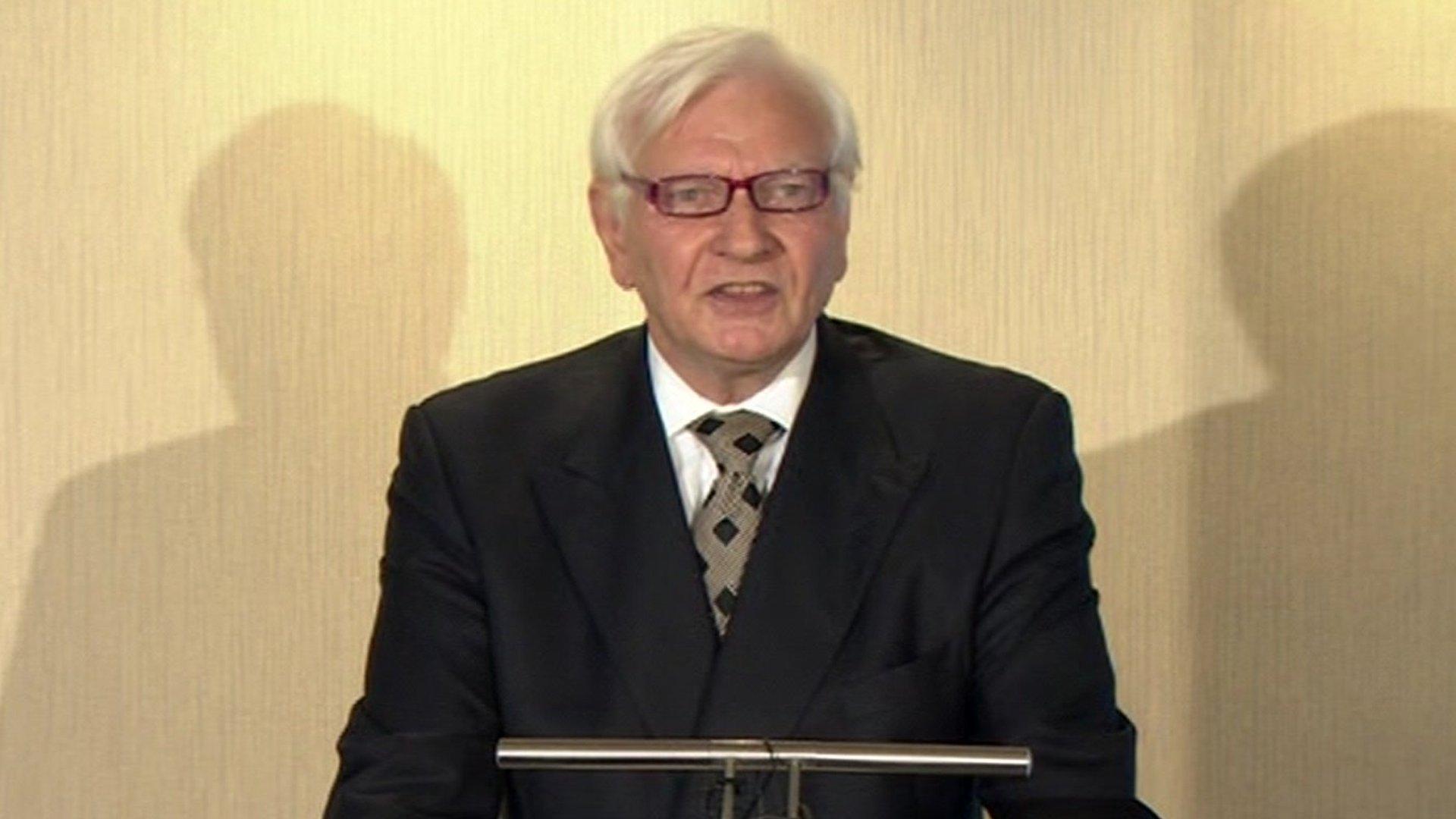Operation Midland: Harvey Proctor criticises child abuse inquiry for ruining life
- Published
Harvey Proctor said the investigation had 'irreparably ruined my life'
A former MP, cleared of being part of an alleged VIP Westminster paedophile ring, said the Metropolitan Police's inquiry "irreparably ruined my life".
Harvey Proctor, 69, had his home raided and was questioned as part of Operation Midland, which closed last week with no charges brought.
He said the Met had enabled him to be "wrongly depicted as a paedophile, child abuser and child murderer".
The Met has said it was "absolutely right" to investigate the claims.
The Home Office said decisions on investigating allegations were a matter for police forces.
Mr Proctor, who was a Tory MP from 1979 to 1987 for the Essex constituencies of Basildon and then Billericay, was interviewed under caution in August 2015 as part of Operation Midland. He has always vehemently denied the allegations.
The investigation, which began in November 2014, was triggered by allegations made by a man in his 40s known as "Nick", who claimed he was abused for nine years from 1975, when he was seven, to 1984.
"Nick" also claimed three boys were murdered by the alleged paedophile ring.
'Ruined my life'
At an emotional press conference, Mr Proctor said he had been through a "harrowing" experience, and called on Home Secretary Theresa May to "consider her position".
Breaking down in tears, he said he felt the police had regarded him as "disposable", and he had lost his home and his job as a result of the allegations.
"I do believe it is profoundly un-British and unfair.
"I believe I have been pilloried and the Met Police service has enabled me to be wrongly depicted as a paedophile, child abuser, child murderer.
"These are the worst things that can be said of a human being."
He added: "It has been a harrowing time for me, for my family and for my friends. The trauma I have experienced, I would not wish on anyone, not even on 'Nick'."

What was Operation Midland?
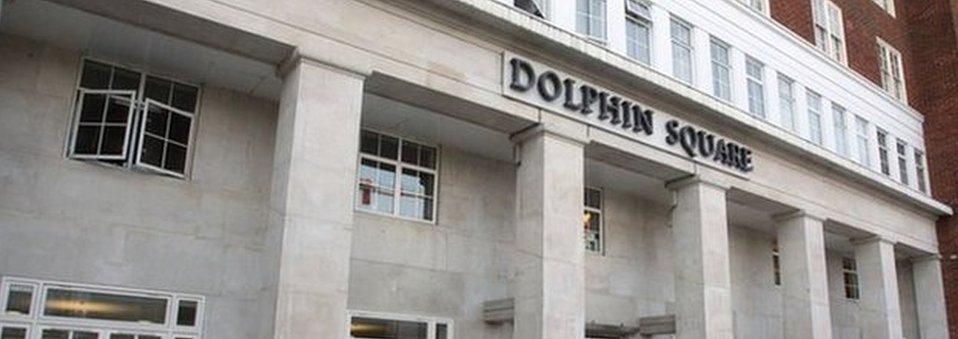
Established in November 2014, Operation Midland was triggered by allegations made by a man in his 40s known as "Nick". It was set up to examine claims of a Westminster VIP paedophile ring, with allegations boys were abused and murdered by a group of powerful men from politics, the military and law enforcement agencies.
The inquiry related to locations across southern England and London in the 1970s and 1980s, and focused on the private Dolphin Square estate in Pimlico, south-west London.
Operation Midland was closed without charges after 16 months. It cost more than £1.8m. The Met said it had not found enough evidence to bring charges, but defended the decision to investigate the claims as "absolutely right".

Mr Proctor repeated a call for senior police officers associated with Operation Midland - including the Met's police commissioner, Sir Bernard Hogan-Howe - to "remove themselves from the police service".
He also claimed the public inquiry into historical child abuse and a separate judge-led probe into how Scotland Yard dealt with claims against public figures would be "a whitewash".
"The outcome of these two fake inquiries will be a whitewash and a cover-up and a deliberate exercise in kicking the issue into the long grass until the architects of the scandal have moved on to collect their pensions," the former politician said.
'Afraid to pull the plug'
He later added: "Operation Midland has had a disastrous affect on genuine complaints of child sexual abuse, both present and historical. I think it has been incredibly counterproductive."
He also called for a change in the law to give sex abuse suspects anonymity until they are officially charged with an offence.
Addressing the alleged murders, he said: "There are and never were any bodies, they dug up no bodies, there were no names, no grieving families and no complaints because it was all a figment of one man's imagination, bolstered by a political glitterati and investigated by policemen who have watched too much Miss Marple and Midsomer Murders.
"And when they established the truth - some time ago I think - they were too afraid of each other and the media to pull the plug."

Who is Harvey Proctor?
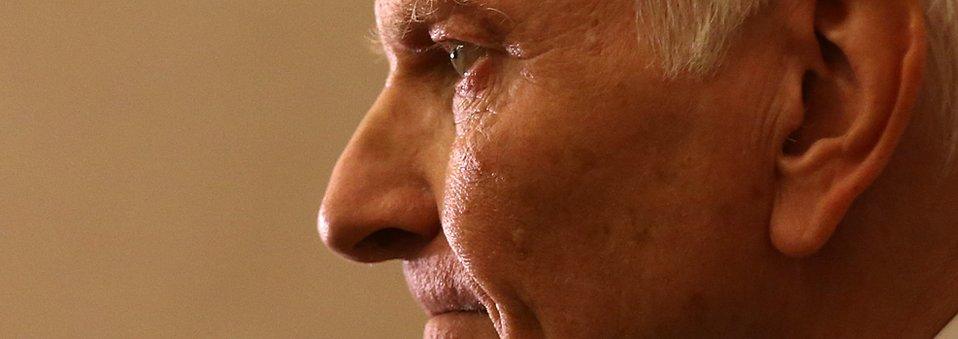
Harvey Proctor was born in Pontefract, West Yorkshire, and served as a Conservative MP from 1979 to 1987, representing the Essex constituencies of Basildon and then Billericay.
In 1986, allegations surrounding his sex life appeared in a Sunday newspaper, claiming he had been involved with male prostitutes aged between 17 and 21.
The legal age of consent for gay men at the time was 21 and Mr Proctor was charged with gross indecency. He resigned as an MP shortly before his trial in May 1987, where he pleaded guilty and was fined £1,450.
The following year he opened two shops selling luxury shirts, with financial support from some former colleagues.
In 1992, two men assaulted Mr Proctor in his Richmond-upon-Thames shop. Neil Hamilton, who was a government minister at the time, was also in the shop and had his nose broken in the incident.
In 2000, Mr Proctor's stores were forced into liquidation after legal action by Customs and Excise over an unpaid VAT bill.
Between 2003 and 2015, he was private secretary to the Duke of Rutland at Belvoir Castle, a 16,000-acre site of farmland and woodland in Leicestershire.

'Right to investigate'
As it announced Operation Midland was closing, the Met said it recognised it had been "unpleasant" for those investigated to have their innocence publicly called into question.
However, the force said it would not apologise "for carrying out its duty to investigate serious allegations of non-recent abuse", adding that there was no evidence that investigators were "knowingly misled by a complainant".
Deputy Assistant Commissioner Steve Rodhouse said such investigations were challenging, but it was "absolutely right" that the claims had been examined.
"Victims of non-recent abuse should have the confidence to come forward and know that we will listen to them, take seriously their allegations and investigate without fear or favour."
A Home Office spokesman said: "We have been absolutely clear that where an allegation of child sexual abuse is made, whether it occurred now or in the past, it should be reported to the police so that they can thoroughly investigate and establish the facts.
"Decisions on investigating those allegations are a matter for police forces, held to account by their police and crime commissioner."
Peter Saunders, founder of the charity National Association for People Abused in Childhood (NAPAC), said Mr Proctor's anger was understandable, but it was "not helpful to attack the police".
"I don't think what's happened with Harvey Proctor has been entirely helpful to the whole process, but I hope it doesn't in any way deter victims and survivors - or complainants as Mr Proctor would call them - from coming forward where there are serious allegations," he said.
- Published21 March 2016
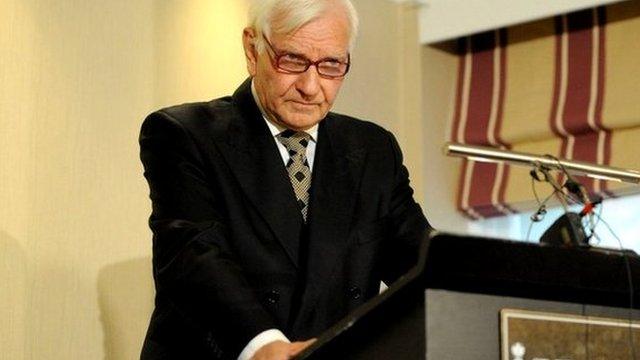
- Published21 March 2016
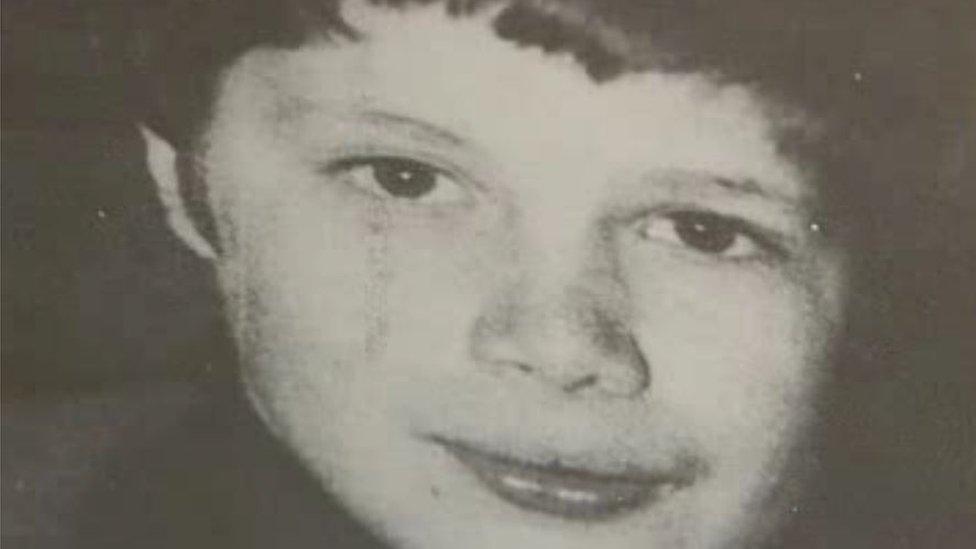
- Published21 September 2015
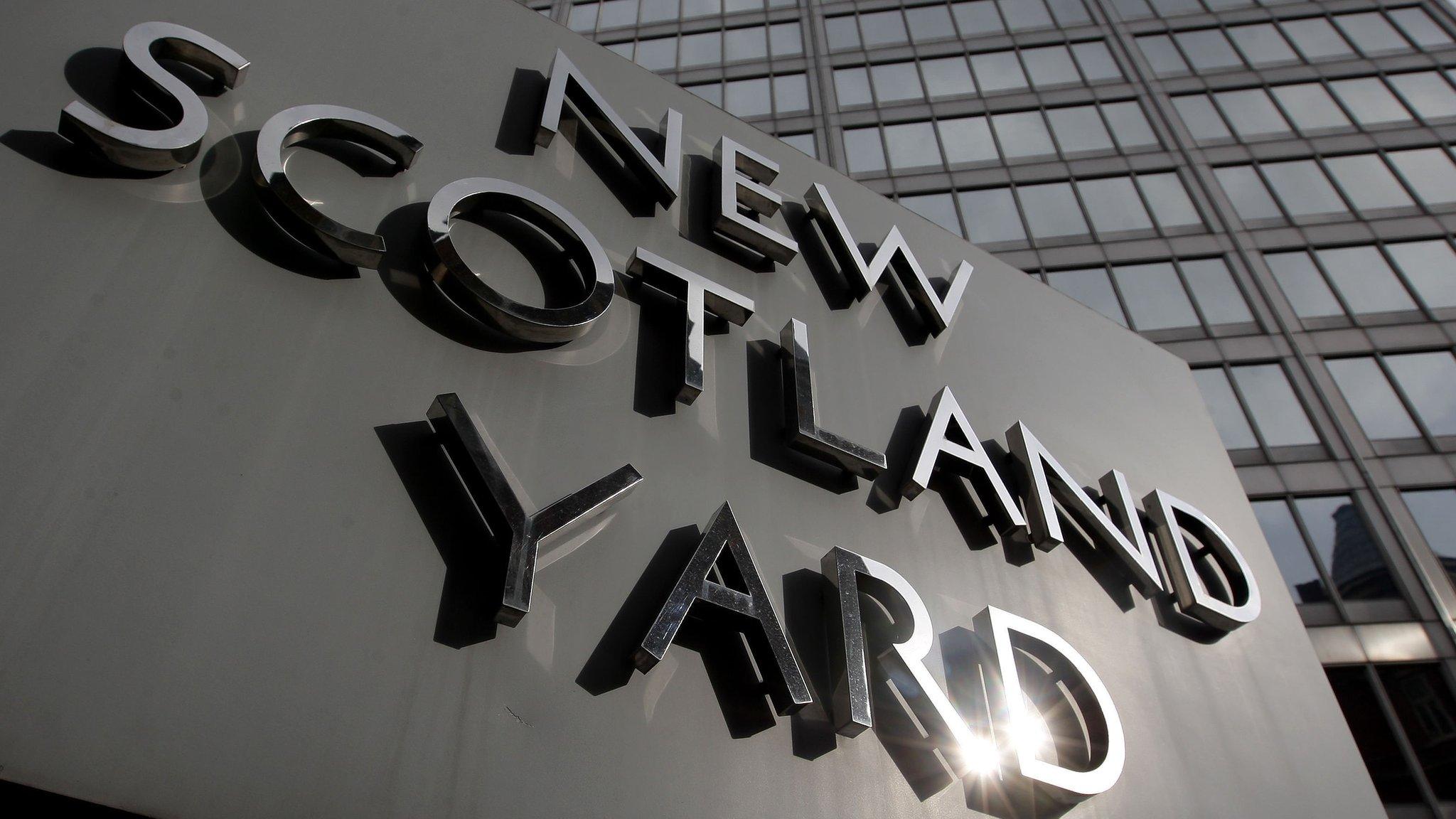
- Published25 August 2015
